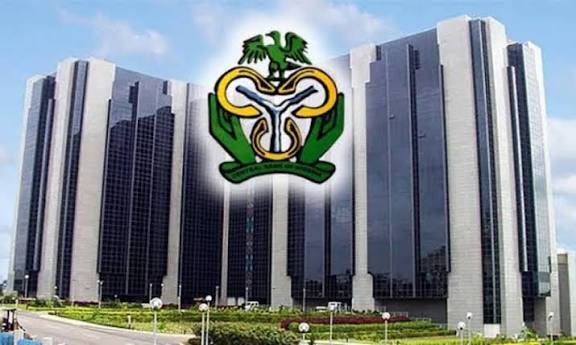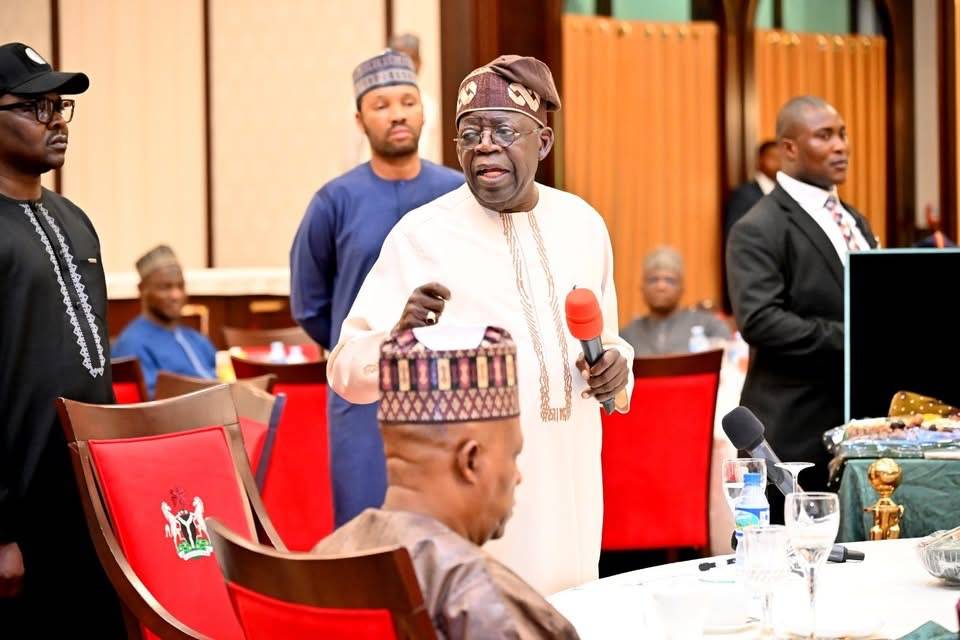
TODAY, October 20, 2021, is one year after the #EndSARS protest was violently quelled at the Lekki Toll Gate, Victoria Island in Lagos by the Army. Lagos State Governor, Babajide Sanwo-Olu, and the President had sent the troops as all efforts to persuade the protesters to go home had failed.
The military action which resulted in the death and injury of yet unknown number of protesters ignited mayhem. Hoodlums descended heavily on government property, the homes of some politicians as well as businesses and public warehouses, looting, burning, vandalising and even killing.
President Muhammadu Buhari had also listened to the desperate promptings of a section of the elite, who saw the protests as a surreptitious move to remove him from power.
After the bloody putdown of the protest at Lekki, the Federal Government also went after the key figures behind it, froze their accounts and commenced prosecution of those arrested.
The president had initially adopted a conciliatory approach. Over the space of twelve days, the organisers of the well-packaged, peaceful protests had made a number of demands, including the call to disbandthe discredited Special Anti-Robbery Squad, SARS, reform of the police and better governance.
Government responded in its typical cosmetic approach, disbanding the SARS and asking state governors to establish commissions of inquiry into police brutality. Steps are being taken to increase the police staff strength by additional 50,000 personnel by 2025. Meanwhile, President Buhari last week approved funds for the commencement of “community policing”.
Little real effort has gone into changing the post-colonial, post-military character of the Nigerian Police to make it more pro-people and conducive to a democratic culture. Police brutality has continued unabated.
Perhaps in retaliation for the violence waged on their personnel and facilities over the past year, there has been a general apathy among members of the Force in performing their constitutional duties.
Rather than get the police to be a better law-enforcement organisation, the post-#EndSARS era has precipitated a sort of cold war between the people and the police. Because of this, the police have become even more brutal and less responsive in combating crime.
Also, the powers that be have done very little to promote the good governance aspect of the #EndSARS protest demands.
If not for the people’s reaction, the ruling party and their cohorts in the opposition would have thrown out the electoral amendment to introduce electronic transmission of votes in future elections.
We still wait to see how the president will treat the Electoral Act 2010 Amendment Bill of which he rejected assent a record five times in 2018.
Assent to that Bill will at least give the people the opportunity to elect better leaders to reform the police and entrench good governance.
The post #EndSARS: What has changed? appeared first on .












